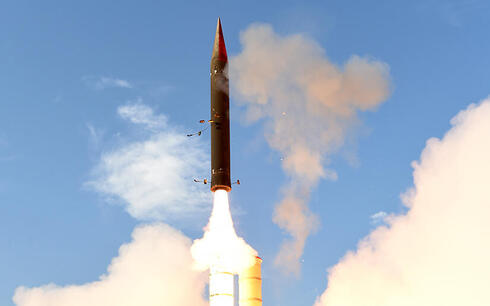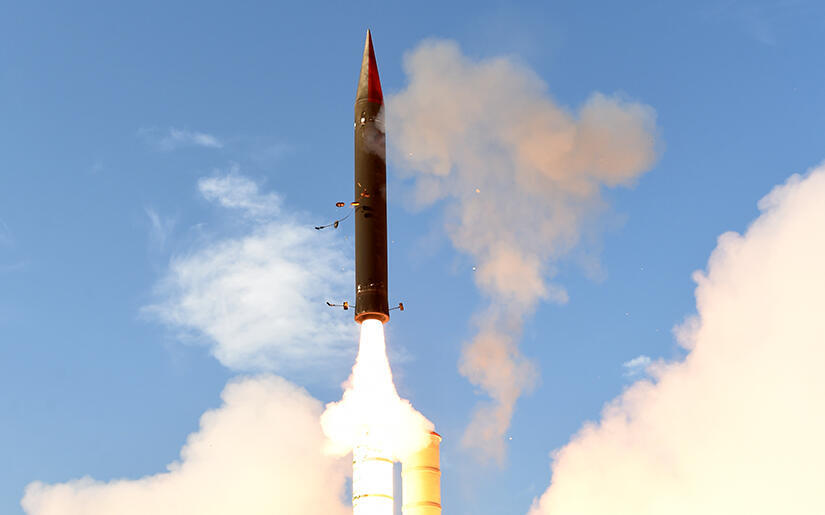
Analysis
Arrow 3 missile deal: A fruit of diplomacy or necessity in the face of Russia's aggression?
Tracing the origins of the groundbreaking $3.5 billion arms deal amidst geopolitical turmoil
These remarks are primarily directed at members of the current Israeli government who seem to take pleasure in the notion of celebrating a victory lap and gaining political advantage from the largest arms deal in Israel's history. This deal to sell Arrow 3 missiles to Germany holds no genuine achievement that any minister can genuinely take pride in.
Most of the deal's specifics were negotiated between Germany and Israel during the tenure of the Bennett and Lapid governments. It was instigated by Russia's invasion of Ukraine, which set off a global frenzy and triggered the most significant arms competition since the Cold War era.
Yet, in an era where shame seems nonexistent, inhibitions have vanished, and the truth appears to be an option, some government members find it reasonable to take credit for this massive transaction.
If, by some chance, this radical government contributed in any way to this remarkable missile deal, its involvement is limited to not obstructing its progress and fruition. And even that, in itself, stands as a point of consideration.
Over the past eight months, the government has been unsettling the entire nation with its support for a judicial coup in the name of a theocratic regime that promotes ignorance, regression, discrimination, racism, xenophobia, and the exclusion of women, LGBT individuals, and minorities.
The primary concern was that U.S. President Joe Biden might leverage the requirement for American approval on the deal and link it to the Israeli government's actions concerning the implementation of the coup-related laws.
However, Biden's decision not to use this leverage doesn't so much reflect his stance on the government and its destructive actions as it highlights the pressure on Germany to swiftly equip itself with the defense missiles produced by the aerospace industry. This pressure is evident, as shown by German Chancellor Olaf Scholz's visit to the White House last March, during which the war in Ukraine and the Arrow 3 deal with Israel took center stage in discussions with Biden.
U.S. approval for the deal is mandated due to prior agreements between the Israeli Ministry of Defense, the U.S. Department of Defense, and the State Department, stemming from the administration's substantial role in financing the Arrow system's development. While the Americans could have potentially vetoed or delayed the deal, they chose not to do so. In the past, the Americans have demonstrated their willingness to disrupt Israeli industries with significant deals.
President Isaac (Boji) Herzog's recent visit to Washington played a role in ensuring a relatively smooth approval for the missile deal with Germany, as well as approval for Raphael's David Sling defense missile deal with Finland.
As the Israeli Aerospace Industries marks its 70th anniversary with an unnecessary and controversial commercial broadcast that showcases a weapon of destruction, its employees and managers deserve recognition for their technological and business achievements. In the previous quarter and first half of the year, characterized by increased demand for weapons following the Ukraine conflict, the company, led by Amir Peretz and managed by Boaz Levy, once again delivered exceptional financial performance. Nevertheless, it's important to note that the credit, if there’s any doubt, should be given first and foremost to Putin.














